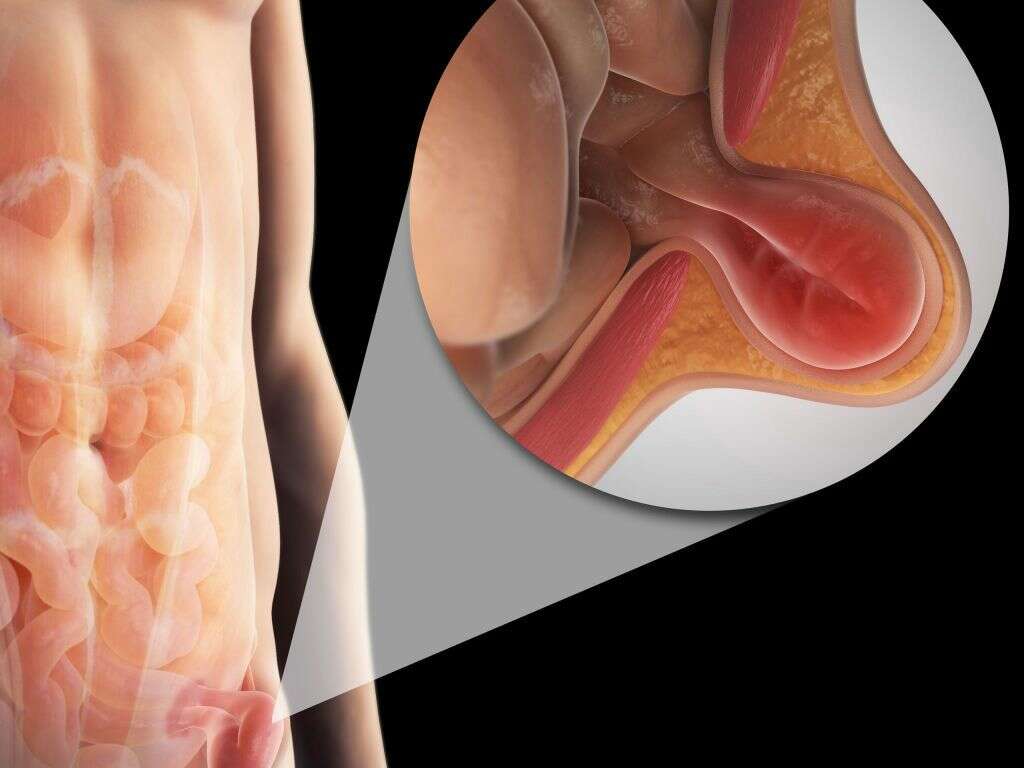10 Causes of Spleen Pain
Cause #3: Blood Flow Disorders
The splenic artery is the main blood supply of the spleen while the splenic vein drains the blood from the organ. If blood flow to the spleen is compromised (i.e. due to arterial or venous occlusion), tissue ischemia and necrosis can ensue resulting in infarction of the organ with left-sided abdominal pain. Occlusion of splenic blood vessels can be caused by an embolus, which can be defined as mass that travels through the bloodstream and can obstruct blood vessels at a site distant from its point of origin (i.e. a thrombus generated in the lower extremities can travel and obstruct a vessel in the lungs). Also, abnormal cells can accumulate in the spleen and cause venous congestion and subsequent splenic infarction.
Causes of splenic infarction include bloodborne malignancies (i.e. leukemia, lymphoma), hypercoagulable states (i.e. sickle cell disease, polycythemia vera, malignancy), disorders that can generate emboli (i.e. atrial fibrillation, endocarditis, prosthetic heart valves), abdominal trauma, and pancreatic disorders. Moreover, splenic blood vessels are located close to the pancreas. For this reason, diseases of the pancreas, such as pancreatitis or pancreatic masses, can affect the blood flow to the spleen and thus cause splenic infarction. No matter the cause of infarction, the subsequent splenic pain can be terrible. This pain can radiate to the left shoulder and is usually sharp and sudden. It is a medical emergency that can require supportive care or even splenectomy (surgical resection of the spleen).
Advertisement












